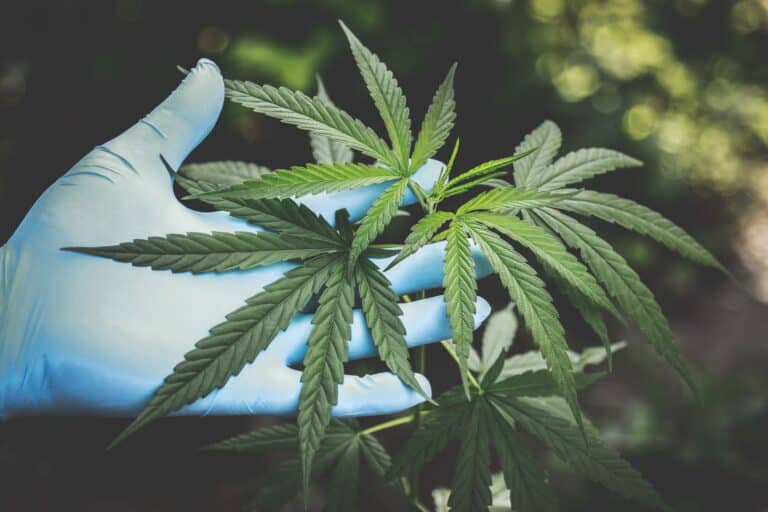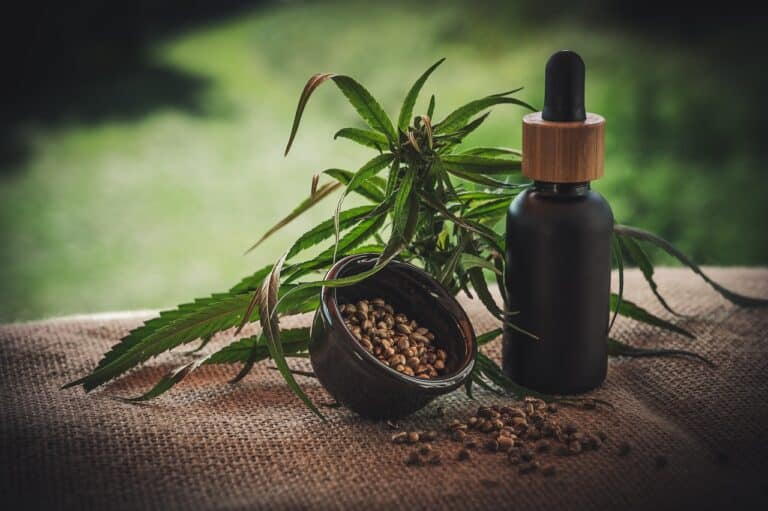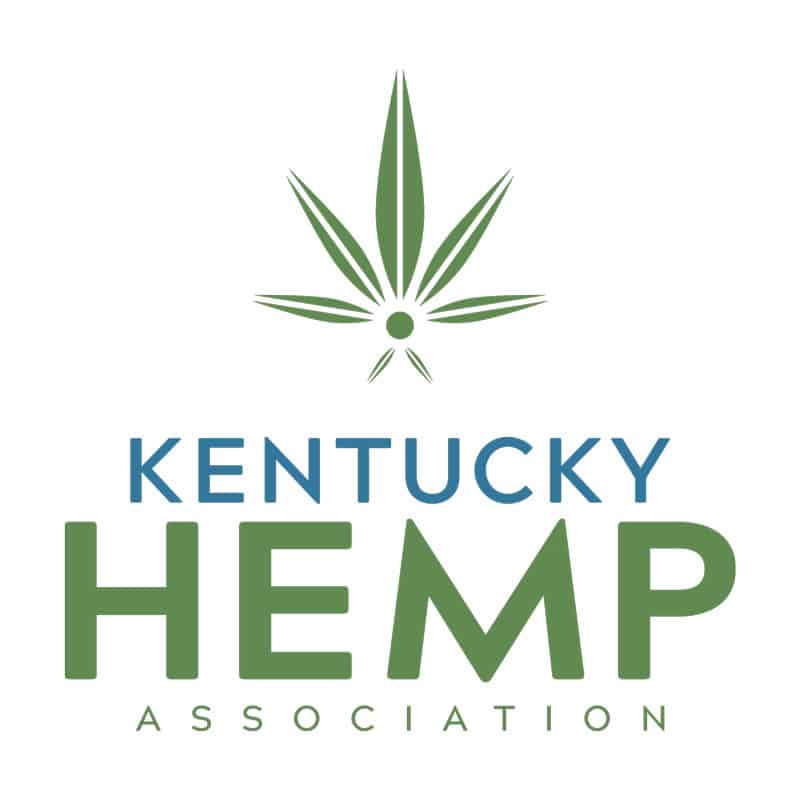The Regulatory Frontier
In recent years, CBD and Delta 8, a milder alternative to traditional marijuana, have gained significant attention as potential solutions for pain. However, the regulatory landscape for these products remains uncertain, prompting Kentucky’s state agencies and congressional committees to seek public input on their potential regulation.
Kentucky’s rich hemp history, once a leading producer before World War II, has struggled with overproduction, the pandemic’s disruptions, legal hurdles, limited federal oversight, and inadequate banking support. Delta 8, derived from non-psychoactive CBD, has emerged as a potential lifeline for individuals suffering from chronic pain. While medical marijuana won’t be legal in Kentucky until 2025, individuals with 21 qualifying medical conditions are currently allowed to possess up to eight ounces of medical marijuana, albeit with the nearest legal purchase point being in Illinois.
Kentucky made a pioneering move on August 1st by becoming the first state to draft regulations specifically for Delta 8. This decision was spurred by a successful lawsuit filed by the Kentucky Hemp Association, asserting the legality of the product. A state law subsequently mandated guidelines to ensure it remained out of the hands of minors.
However, some critics argue that certain aspects of the regulations put forth by the Cabinet for Health and Family Services are overly stringent. Hemp proponents believe that not all cannabinoids should be subjected to the same rigorous restrictions, as the level of regulation should align with a specific compound’s properties and potential risks. Furthermore, disparities in packaging and marketing regulations across states are causing complications in interstate sales.
While these challenges persist, there is optimism about the possibility of amending the regulations. Moyer notes, “The good news is that the cabinet has been open to opinion and communication. I think it’s fixable.”
A Zoom meeting to discuss these regulations is scheduled for September 25th at 9 a.m. If you wish to participate, please notify the cabinet at 502-584-6746 or [email protected] by September 18th. Written comments can be submitted until September 30th.
The hemp industry’s battles have also extended to the federal level. Previously considered illegal during the nation’s war on drugs, hemp received a lifeline when Congress legalized it in the 2018 U.S. Farm Bill. Although at least 47 states now permit hemp production, the regulatory landscape remains murky.
One critical argument for legalization rested on hemp’s inability to produce a psychoactive high due to its low THC content. However, chemists have found ways to extract cannabinoids, opening the door to new products.
The U.S. Food and Drug Administration (FDA) faced pressure from hemp advocates after expressing concerns about the safety of hemp products in January and choosing not to regulate them under the category of foods and dietary supplements, which includes botanicals and herbs.
Jonathan Miller, General Counsel of the U.S. Hemp Roundtable, emphasized that the 2018 Farm Bill unequivocally legalized hemp products and that farmers nationwide had invested significantly in this burgeoning industry.
As discussions unfolded in Congress, some lawmakers rejected the FDA’s request for additional time and resources to establish a regulatory framework for CBD products. They argued that the pathway for CBD products’ regulation already existed, as Congress had spoken in 2018.
Despite these challenges, regulation—both at the state and federal levels—is crucial to ensure the growth of the hemp industry while safeguarding consumer interests. Miller emphasized, “Lack of a federal framework has led to the proliferation of unregulated products, some of which raise significant quality, safety, and other consumer protection concerns.”
Dee Dee Taylor, who witnesses firsthand the potential benefits of regulation, succinctly sums up the situation, saying, “There are states that ban it. I’ll take the regulations.”
Read the original article here
Photo by olia danilevich: https://www.pexels.com/photo/documents-on-the-table-5313170/

















